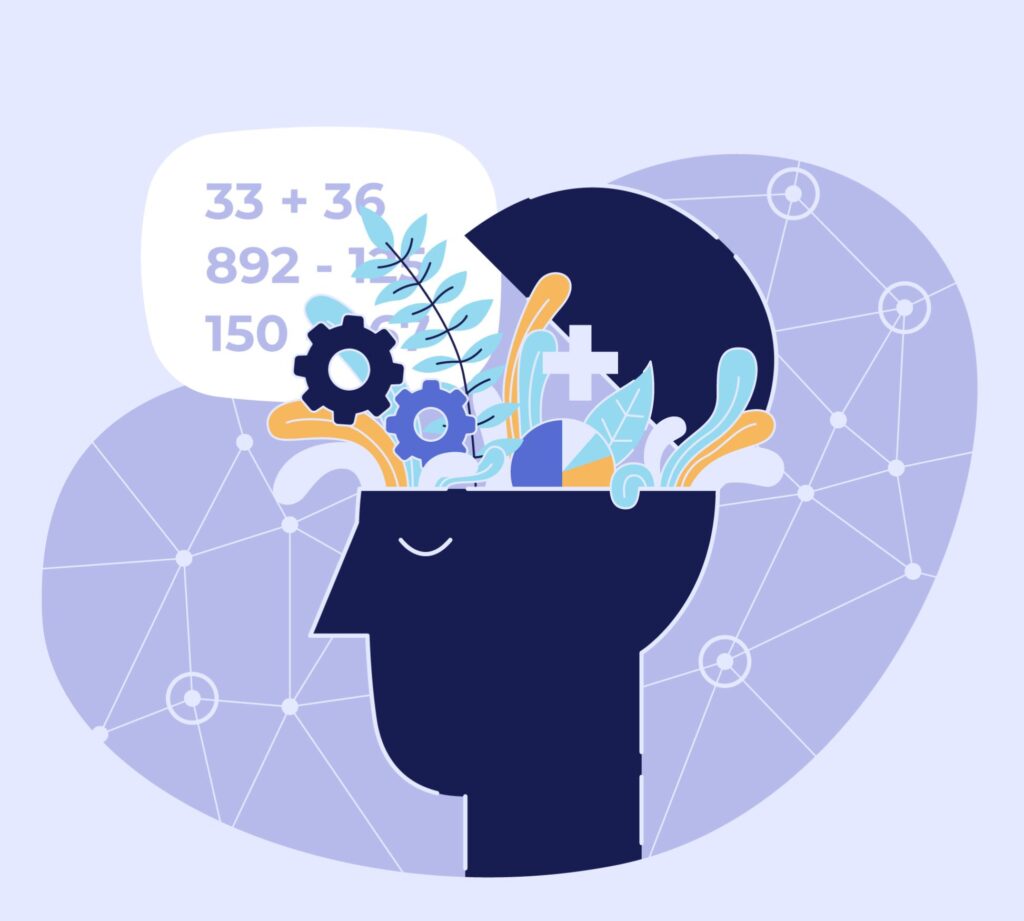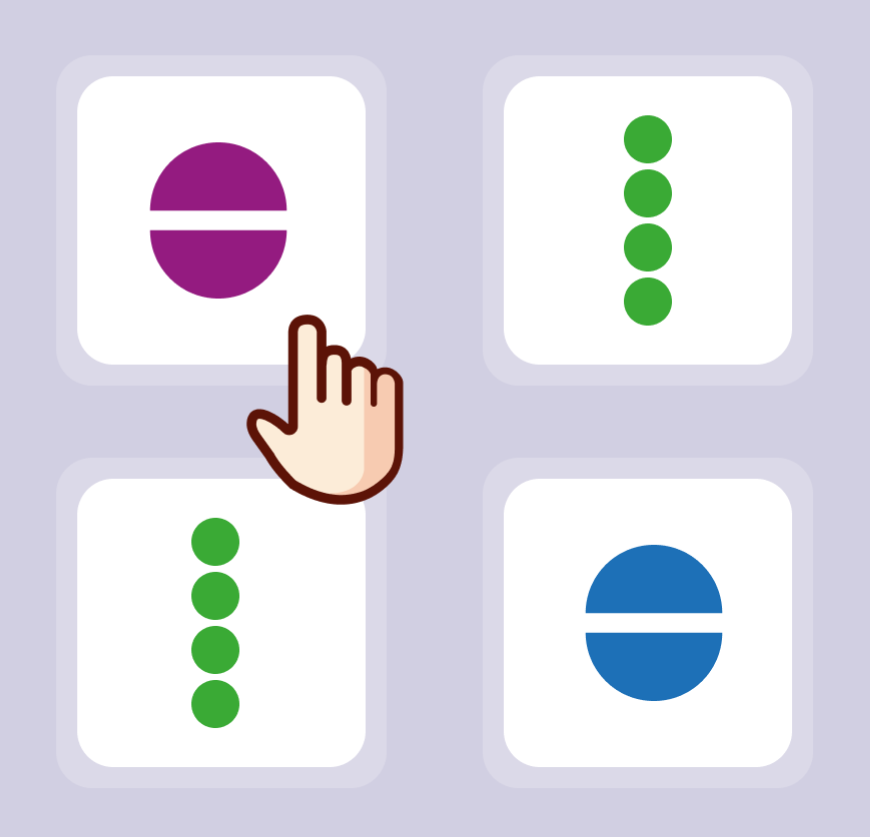Decision-making underpins success in today’s world. Whether it’s analyzing a business problem, solving a complex logistical puzzle, or interpreting trends, the ability to deduce logical conclusions from given premises is a skill that defines high performers. This skill, known as deductive reasoning, forms the backbone of effective problem-solving and strategic thinking. At PerspectAI, we’ve taken a unique approach to assess and enhance this vital cognitive ability through a game-based assessment specifically designed to measure deductive reasoning.
What Is Deductive Reasoning, and Why Does It Matter?
Deductive reasoning is a top-down logical process where conclusions are drawn based on general premises that are known to be true. For example, if we know that “all humans are mortal” and “Socrates is human,” then it logically follows that “Socrates is mortal.” This ability to logically connect dots is invaluable in fields like business, finance, engineering, and even creative problem-solving.
Deductive reasoning is commonly used in mathematics, philosophy, and various scientific disciplines to establish proofs, make predictions, and draw logical conclusions based on given information. What sets deductive reasoning apart is its reliance on structured thinking. It ensures decisions are not influenced by biases, guesswork, or incomplete information but rather built on a solid foundation of logic and evidence. Individuals with strong deductive reasoning skills:
- Make well-founded decisions under pressure.
- Identify patterns and inconsistencies.
- Solve problems with greater efficiency and accuracy.
How Deductive Reasoning is Assessed
Over the years, various tools and activities have been used to assess and enhance deductive reasoning skills. Traditional methods include:
- Sudoku Puzzles: These popular grid-based puzzles require players to use logic to fill in numbers without repetition, challenging their ability to deduce relationships and constraints.
- Logic Puzzles: Classic puzzles, such as “Who owns the zebra?” or “Which door leads to freedom?” often encourage participants to analyze clues and derive conclusions systematically.
- Crossword Puzzles: While primarily a test of vocabulary, crosswords often involve logical deduction to fit intersecting words correctly.
- Brain Teasers: These short, challenging questions are designed to test critical thinking and logical deduction.

In addition to these traditional methods, modern cognitive assessments have moved toward game-based approaches to measure deductive reasoning in a more dynamic and engaging manner. Our game ‘Odd One Out’ is an example of such an innovative tool, integrating categorization, pattern recognition, and problem-solving.
Bridging Science and Gamification: The Foundations of Our Game Design
PerspectAI’s ‘Odd One Out’ is associated with the cognitive psychology paradigms of categorization, pattern recognition, and problem-solving.
- Categorization involves the mental process of organizing information into meaningful groups or categories based on shared features.
- Pattern Recognition entails identifying regularities or structures in the information.
- Problem-Solving requires individuals to analyze, strategize, and make decisions to arrive at the correct answer.
When individuals engage in an Odd One Out task, they are required to categorize items based on certain criteria and recognize patterns or relationships among them. This task taps into cognitive processes related to categorization, as participants must determine which item does not belong to the identified category or pattern.

To make this both engaging and scientifically valid, we designed the game to include:
- Dynamic Problem Scenarios: Players are presented with problems that involve rules and constraints. For example, they may need to determine the correct arrangement of elements or identify a sequence of events based on limited information.
- Time-Pressure Mechanics: Real-world decision-making often occurs under time constraints. The game incorporates a timer to measure how quickly and accurately players can deduce solutions.
- Speed and Accuracy Metrics: We measure both speed and accuracy to ensure a balanced assessment of performance. Accuracy represents the correctness of responses, while speed evaluates the efficiency of decision-making.
Scoring Logic: Precision Meets Performance
To measure deductive reasoning effectively, we’ve implemented a scoring model that captures:
- Accuracy: The percentage of correct responses.
- Efficiency: The time taken to arrive at conclusions.
The final score represents a weighted combination of these parameters, providing a comprehensive view of the individual’s deductive reasoning ability.
Applications in Organizational Contexts
The ability to measure deductive reasoning has far-reaching implications for organizations. Here are a few examples:
- Hiring for Problem-Solving Roles: Our game helps identify candidates who excel in roles requiring high-level analytical and decision-making skills, such as strategy, analytics, and operations.
- Leadership Development: Deductive reasoning is a core competency for leaders. By assessing this skill, organizations can better tailor training programs and succession planning.
- Team Composition: Understanding individual deductive reasoning abilities can aid in building cognitively diverse teams, ensuring a balance of analytical and creative thinking.
The Future of Cognitive Assessments
Game-based assessments are reshaping the landscape of talent evaluation. By integrating gamification with scientific rigor, we’re not only making assessments more engaging but also unlocking deeper insights into cognitive potential. Our deductive reasoning game is just one example of how this approach can redefine the way we measure and understand human intelligence.
As organizations navigate an increasingly complex world, tools like these will be indispensable in identifying and nurturing the talent needed to thrive.
At PerspectAI, we’re committed to staying at the forefront of innovation in talent assessment. If you’d like to learn more about our deductive reasoning game or explore how our game-based assessments can transform your talent strategy, get in touch with us today.